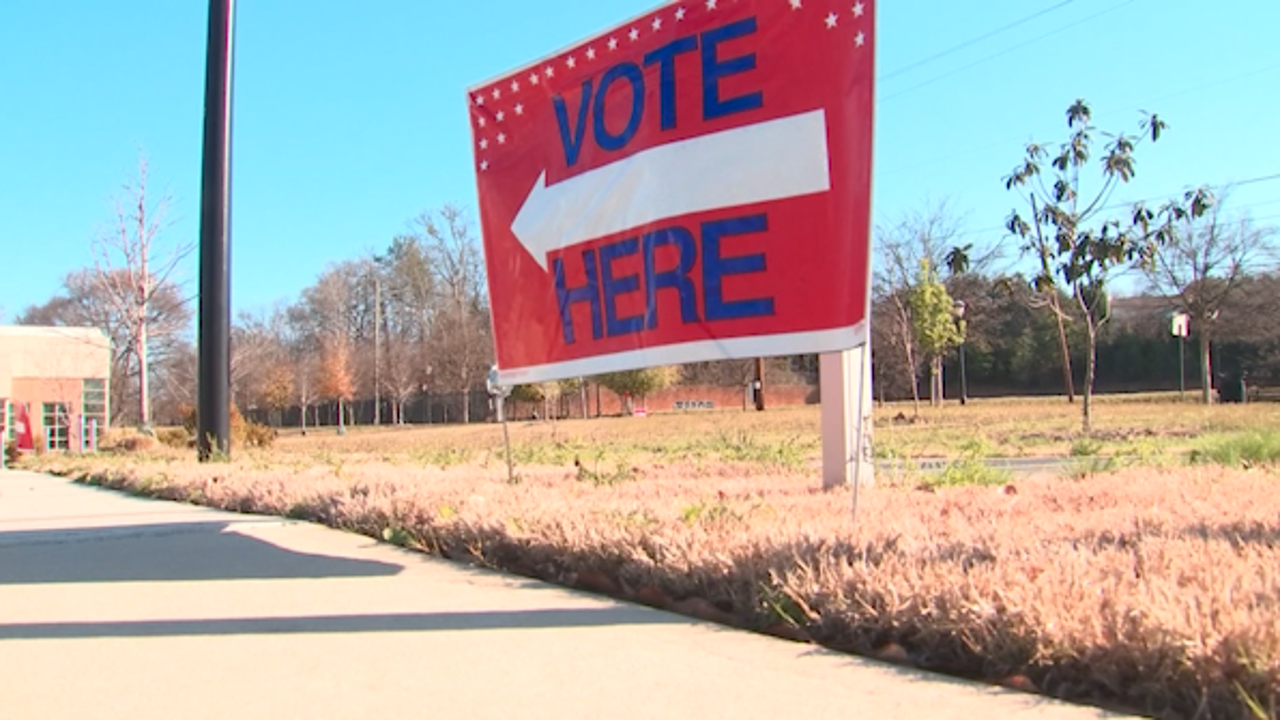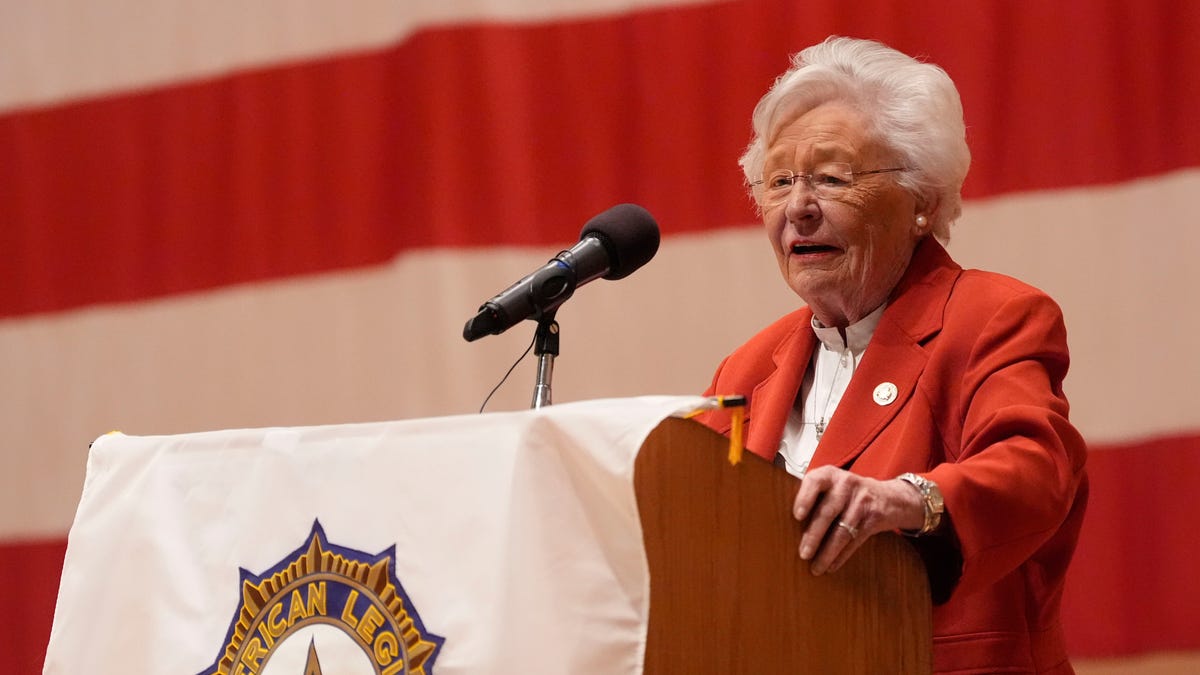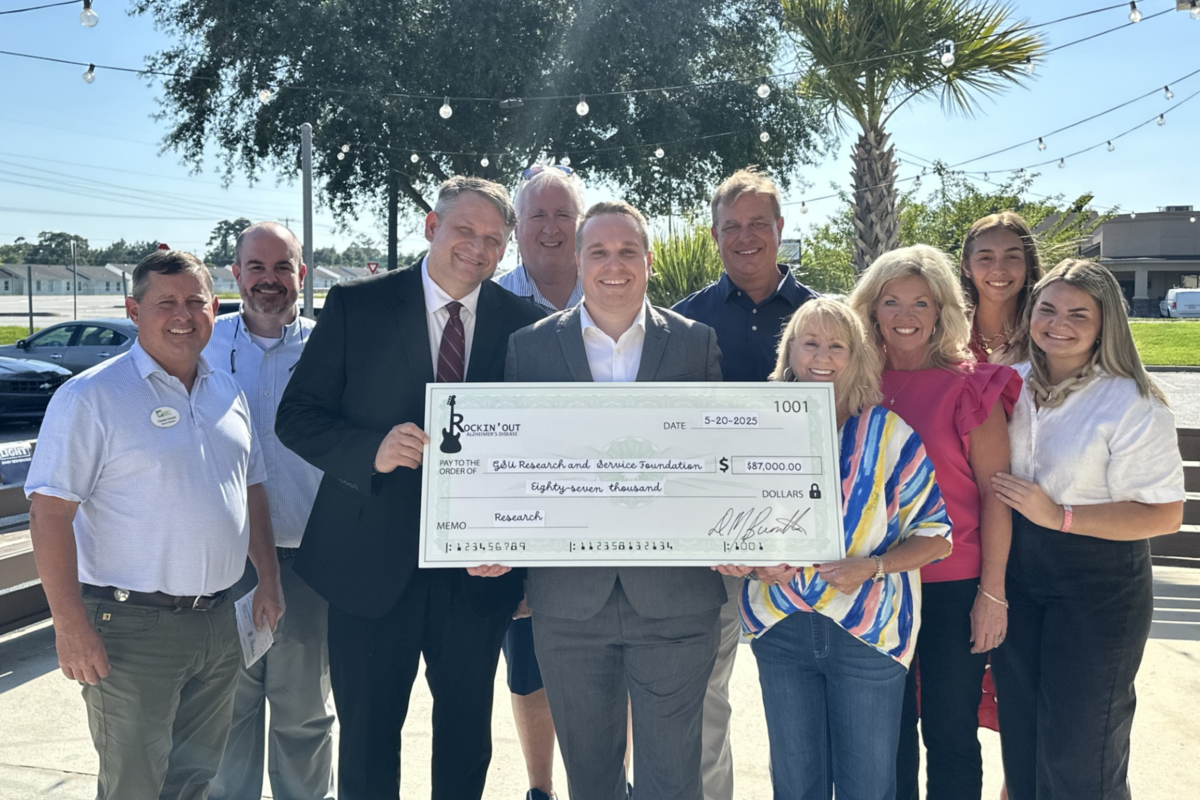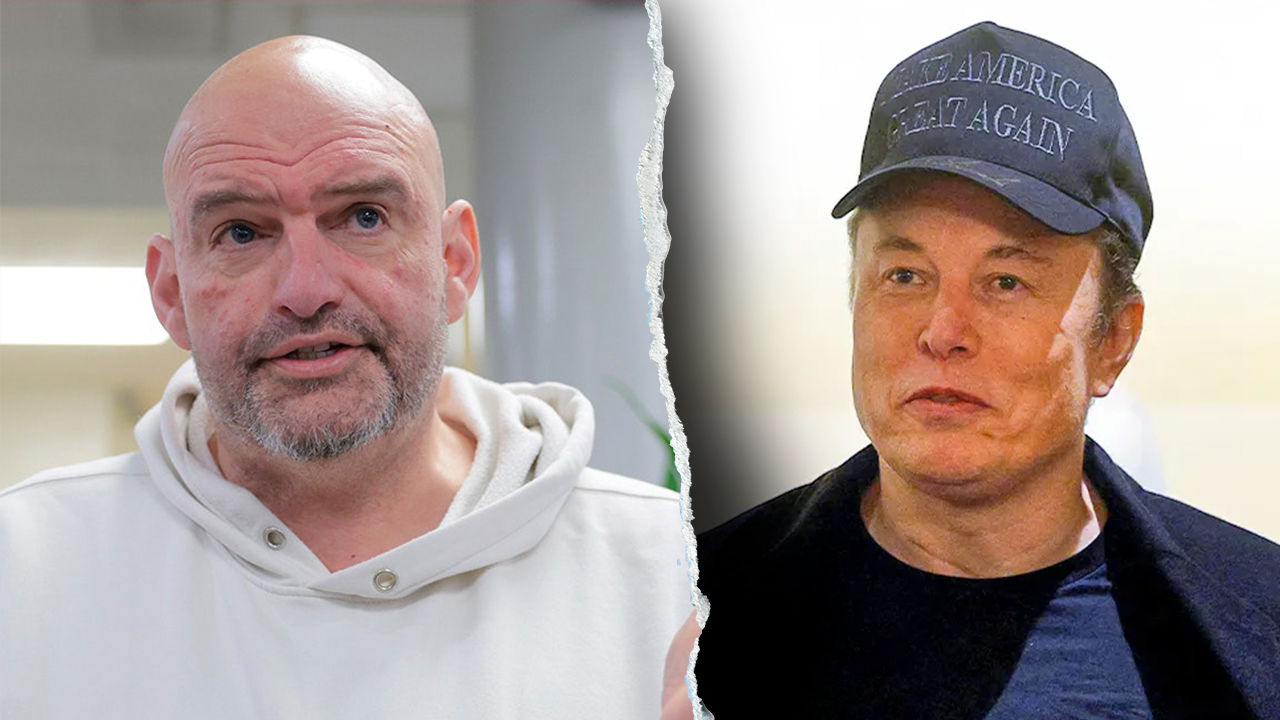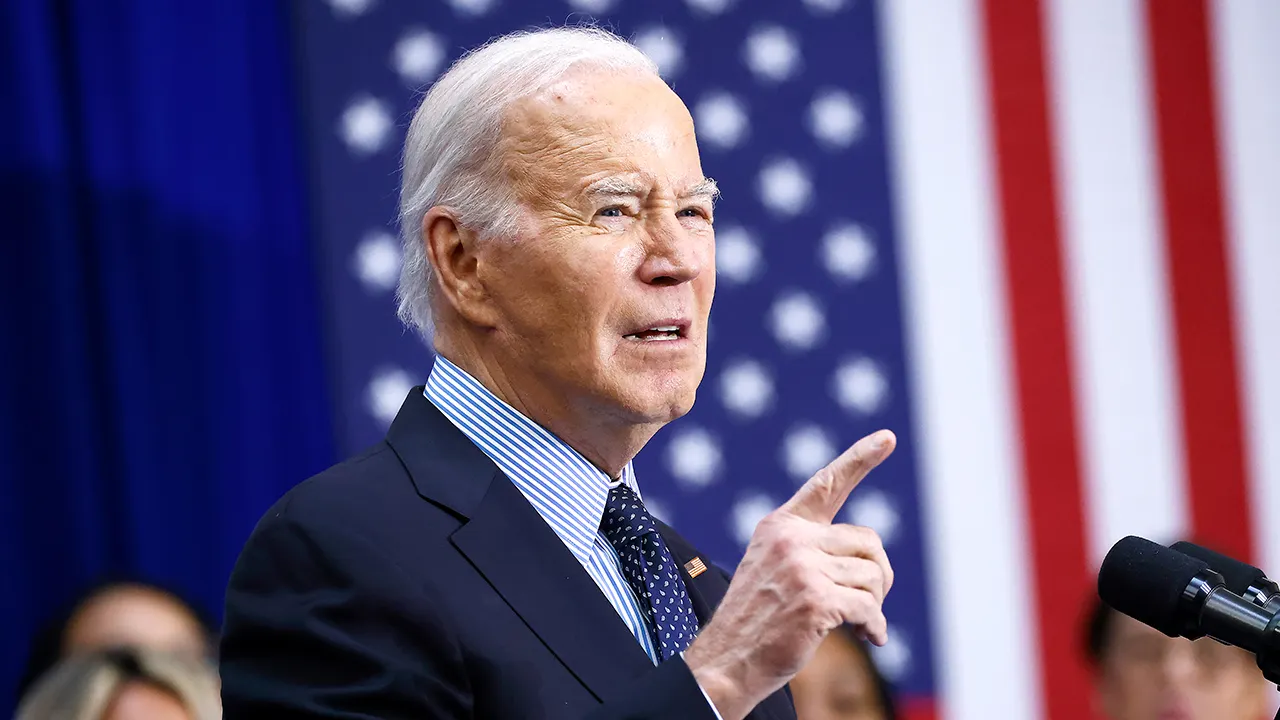The Rockin’ Out Alzheimer’s Disease (ROAD) Foundation Inc. has awarded an $87,000 grant to the Georgia Southern University Research and Service Foundation to investigate a pioneering approach to reducing fall risk and improving cognitive function in community-dwelling adults at risk for Alzheimer’s Disease and related dementias (ADRD).
The 13-month research project, led by Dr. Nicholas Siekirk of the Waters College of Health Professions at Georgia Southern University, will examine whether combining exercise with direct current neuromuscular electrical stimulation (DC-NMES) can deliver superior outcomes compared to exercise alone. The study runs from May 1, 2025, through May 31, 2026.
“This research represents a critical step forward in our understanding of how innovative technologies can enhance traditional exercise interventions for those at risk for dementia,” said Dr. Siekirk, the project’s principal investigator. “DC-NMES technology allows for concurrent movement and exercise, potentially offering unique advantages for maintaining both physical and cognitive function in aging adults.”
The research is particularly timely given Georgia’s aging population. Approximately 130,000 Georgians currently live with Alzheimer’s disease or related dementia, a number expected to increase by 46% to 190,000 within the next decade. In Bulloch County alone, an estimated 1,100 residents have some form of dementia, with 11% of those 65 and older affected by Alzheimer’s disease.
Study Highlights:
-
Innovative Approach: The research will explore DC-NMES as an exercise adjunct, potentially stimulating neurotrophic factors that support neuronal growth and brain plasticity.
-
Comprehensive Assessment: The project will evaluate improvements in fall risk, cognitive function, physical activity outcomes, and potential delays in memory care placement.
-
Community Impact: Participants will receive access to ADRD-specific exercise programs at no cost.
-
Equipment Investment: The grant includes funding for FDA-cleared DC-NMES devices and comprehensive assessment tools.
The study aims to address multiple aspects of dementia risk and management, including:
-
Improving motor functions and postural control to reduce fall risk
-
Enhancing neuroplastic and neurocognitive outcomes
-
Monitoring cardiovascular health improvements
-
Promoting sustained physical activity habits
“The ROAD Foundation is proud to support this innovative research at Georgia Southern University,” said Darron Burnette representing the foundation. “We believe this study could provide valuable insights into non-pharmacological interventions that may help individuals maintain their independence and quality of life for longer periods.”
The research aligns with Georgia Southern University’s strategic pillars of Student Success, Teaching and Research, and Community Engagement, while addressing the university’s research impact areas of Holistic Fitness and Wellness and Vibrant Communities.
Initial case studies involving three participants will begin following the project launch, with plans to expand to a larger experimental investigation pending Institutional Review Board approval. Results will be disseminated through academic conferences and publications, contributing to the growing body of knowledge on dementia prevention and management.
About Rockin’ Out Alzheimer’s Disease Foundation Inc.
The Rockin’ Out Alzheimer’s Disease (ROAD) Foundation Inc. is a Georgia-based nonprofit organization dedicated to supporting research, education, and community programs focused on Alzheimer’s Disease and related dementias. For more information, visit https://rockinoutalzheimers.org.
About Georgia Southern University Research and Service Foundation
The Georgia Southern University Research and Service Foundation supports and manages research projects that advance knowledge and serve the public good. Working in partnership with Georgia Southern University faculty and staff, the foundation facilitates innovative research that addresses critical challenges facing communities in Georgia and beyond.

